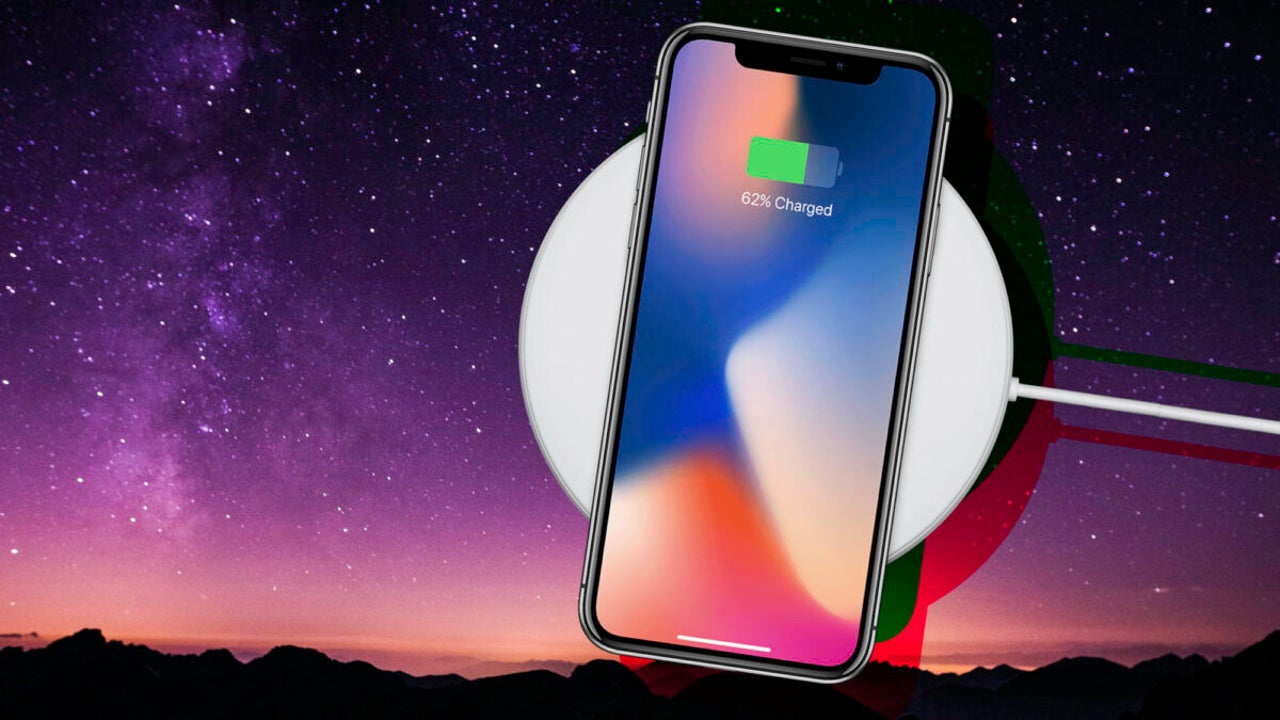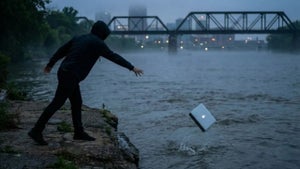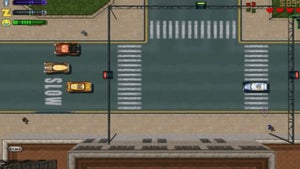News
Debunking myths: what you should know about charging your iPhone while you sleep
Charging the iPhone at night is a good idea

- March 26, 2023
- Updated: July 2, 2025 at 2:43 AM

During the day we are too busy to charge our iPhone, which leaves us as almost the only option to do it at night (every other night if we are talking about this Honor). We leave our phone when we go to sleep and in the morning it has the battery ready for a new day, a bit like ourselves. But is it a good idea? Some say yes, some say no. Let’s set the record straight.
Batteries degrade, no matter what we do
The popular belief that we can prevent the battery from aging with the most creative tricks and resources is little more than that: a popular belief. Batteries degrade, it is in the very nature of batteries, not just in the iPhone, in any device. The chemistry ages, so the ability to hold a charge decreases.

And this is where we get into the tips for taking care of our iPhone battery. All well-intentioned, no doubt, but not all effective. What we want to achieve is to prevent the battery from degrading faster than it normally would. And in that there are two variables to take into account: the speed of charging and heat. Two variables that are, in fact, totally related to each other, because the higher the speed, the more heat is generated.
Excessive heat increases the chances of a normal chemical reaction going wrong, converting load-bearing materials into non-load-bearing materials. Progressively, this shortens the ability to hold charge. Fast charging, in addition to generating heat due to the joule effect, also wears down the battery. In this case it does so with the connectors, which see part of them – at the atomic level – torn off by the passage and collision of electrons. This means that they become thinner, allowing less energy to pass through.
Finally, there is a third element: keeping the charge at 100%. Not just the charge of the iPhone, but of any device. There is nothing wrong with 100%, but keeping the battery like this means that every little discharge of the battery has to be refilled at once, giving it extra wear and tear.
Charging our iPhone at night is a good idea
Having seen the three main culprits of degradation, let’s talk about the safeguards that the iPhone has had for several years to prevent its batteries from wearing out unnecessarily. It is thanks to these safeguards that we can charge our iPhone at night with complete peace of mind. These safeguards were not present in the first iPhones, which led to the release of recommendations that at the time were very wise, but that no longer make sense today.
About heat, the first responsible for degradation, iPhones have protections. If they detect an increase of heat in the battery, the phones request to decrease the amount of power to the charger or even interrupt charging completely until everything cools down. This is especially if we use a MagSafe charger, which prioritizes above all else battery care over charging speed. In these chargers, it is our iPhone that requests more or less electricity depending on its needs.
Something similar happens with fast charging. Certainly, if we want to take maximum care of our iPhone battery, we will use a slow charge, for example with the traditional 5 watt charger. The truth is that even at that speed the night is long enough for our iPhone to be fully charged. That said, if we decide to use a faster charger, our iPhone will negotiate the speed depending on the heat generated, which will also take care of our battery.
Finally, smart charging will prevent our iPhone from being at 100% for too long. This is a protection that learns from the charging patterns that we have for our phone. If, for example, every day at 8:00 we wake up and remove our iPhone from the charger, the iPhone system will charge the phone to 80%, pause the process and resume it so that it is at 7:55 that the battery reaches 100%.
Between this and the other protections, it is advisable to charge the iPhone at night, yes. More than during the day? It is best to charge it whenever we need it. Let’s keep in mind that the protections against overheating and overspeed are always active, while during the day, when our iPhone is charged, we simply unplug it or separate it from the charger, so the care of our battery will be the same as during the night.
The slow charger, yes, is something really interesting that makes more sense during the evening hours. An extra care to ensure the minimum pressure on the battery, ensure that the iPhone 14 Pro Max battery still wins against the Galaxy S23 Ultra, and be able to enjoy its life as long as possible. In short, charging at night is a very good idea, in fact, it’s almost a better idea, depending on how we do it.
Architect | Founder of hanaringo.com | Apple Technologies Trainer | Writer at Softonic and iDoo_tech, formerly at Applesfera
Latest from David Bernal Raspall
You may also like
 News
NewsA hacker threw his Macbook into the river trying to avoid being caught. Of course, they caught him
Read more
- News
20% of purchases during Cyber Week were made thanks to AI
Read more
 News
NewsBefore he died, Christopher Lee watched the best of his movies in the company of the nurses
Read more
 News
NewsGrand Theft Auto will not be set in the future again after the failure of 'GTA 2'
Read more
 News
News'Expedition 33' has already been plagiarized. In China, of course
Read more
 News
News'No Other Choice' has been a box office success, and it is not the only indie film that has managed to rake in a fortune
Read more